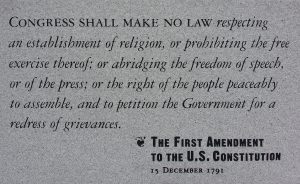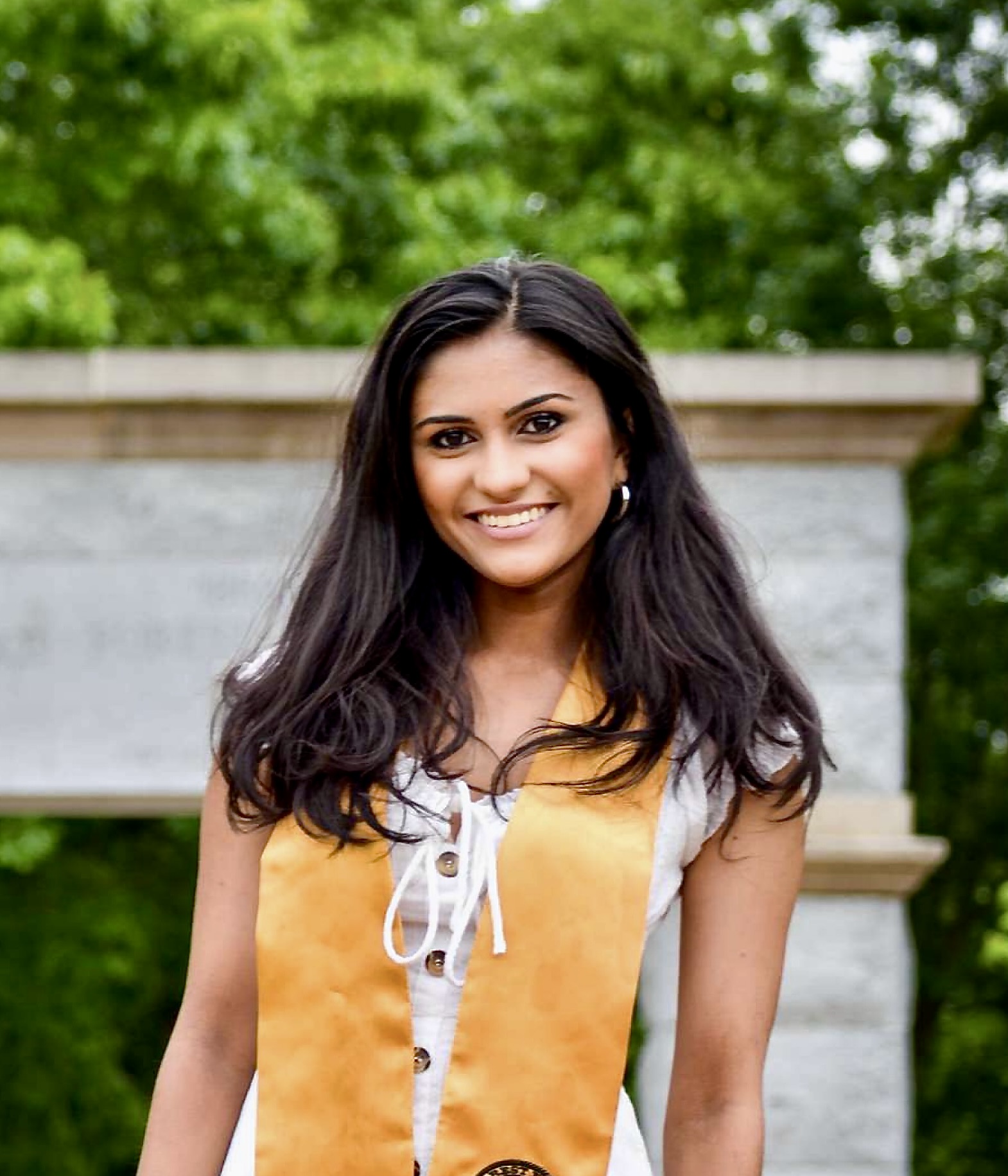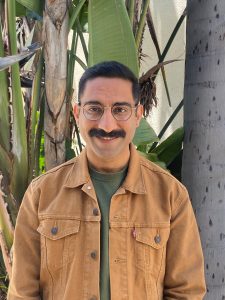Co-authored with Lorcan Neill and Evan Ringel, our project examines recently enacted state-level child online safety laws (COSLs) and demonstrates how different techno-legal solutionist logics manifest in these legislative efforts.
Our analysis demonstrates three interdependent patterns: (1) the checklist fallacy (reducing safety to discrete technical features), (2) the false promise of age verification (assuming identity verification will prevent harm), and (3) the design determinism myth (overestimating design’s power to shape social outcomes).
The appeal of techno-legal solutionism transcends borders–from California to Brussels, it offers policymakers seemingly clear solutions to complex problems. However, our analysis shows that this approach fundamentally misunderstands both the social shaping of technology and the complexity of youth well-being. Technologies can influence outcomes by offering (or not) certain design features (i.e., affordances); yet these designs do not determine the outcomes. This overconfidence that technology can determine an outcome risks ignoring the more complex and nuanced forces shaping children’s online experiences. Moving forward requires abandoning the fallacy that we can simply “nerd harder” our way to youth safety—and instead embracing the more challenging work of developing comprehensive, nuanced approaches that recognize both the limitations and possibilities of technical intervention.
The Article is open access here.


 The UNC Center for Media Law and Policy will celebrate its sixteenth annual
The UNC Center for Media Law and Policy will celebrate its sixteenth annual 

